Bhupen Khakhar: You Can’t Please All at Tate Modern
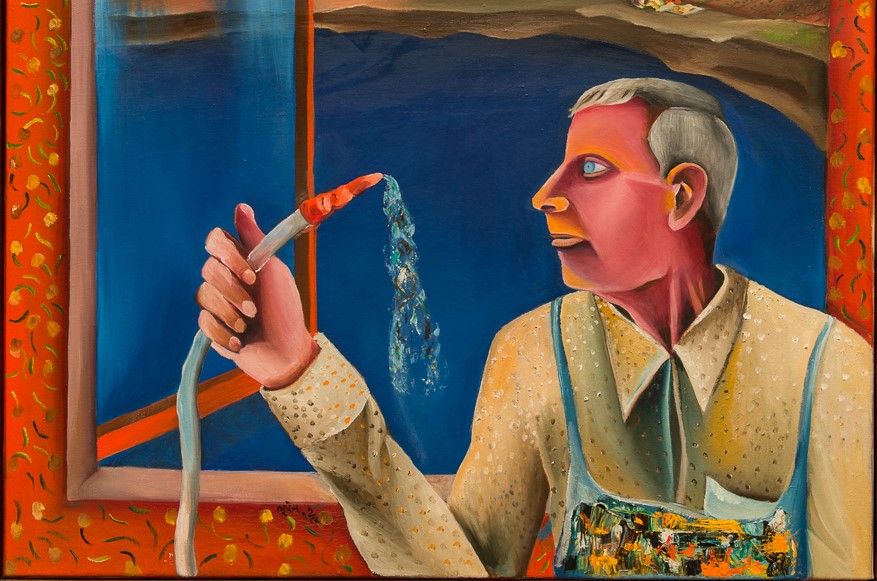
The title of the new show opening at Tate Modern, You Can’t Please All, seems distinctly apt: reviews so far have been mixed to say the least, with The Guardian’s one star posed in contrast to The Telegraph’s four. It’s clear that Bhupen Khakhar’s art garners polemical responses and in some ways that’s part of its charm. However, whether it merits a retrospective on the international platform offered by the Tate is less clear.
There are some good works on display, but they could be afforded some more curatorial context in order to help the Tate’s predominantly western audience grasp their full meaning. The scenes presented in the first room of the exhibition are particularly enigmatic, but they are also some of Khakhar’s most powerful works on show. The flattened pictorial plane makes the action appear as if it is taking place at a slight remove from the viewer. The bright jewel tones of paint are reminiscent of traditional Indian miniaturist paintings, but the subject matter is taken from Khakhar’s own life or borrowed from everyday imagery, such as a firecracker wrapper.
Khakar’s work typically mixes tropes from East and West and from high and low art, creating a unique hybrid style of painting. For example, in the foliage depicted in Man Leaving (Going Abroad) (1970) there is clear evidence of Henri Rousseau’s influence, while paintings such as You Can’t Please All (1981) recall the narrative storytelling found in Sienese Renaissance paintings. This Western influence is combined with distinctly Indian imagery, taken from mythology, religion and everyday life.
One room looks specifically at Khakhar’s representations of homosexuality, a theme which runs as an undercurrent through all his work. Men are locked in tender but highly erotic embraces, often placed in the foreground, which acts as a sort of visual limbo between the viewer and the life portrayed in the background of the painting. To paint explicit homoerotic scenes in India in the 1980s was highly controversial, and several of the works are imbued with a telling nervous energy.
Striking and provocative as several of Bhupen Khakhar’s paintings undoubtedly are, nevertheless there’s a feeling running through the show that they might not quite be interesting enough to warrant an entire retrospective at Tate Modern, whose prestige is coveted by many highly deserving artists yet to be granted the privilege.
Anna Souter
Photos: Nick Bennett
Bhupen Khakhar: You Can’t Please All is at Tate Modern from 1st June until 6th November 2016, for further information visit here.


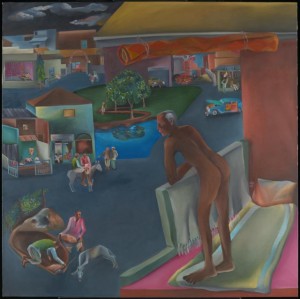

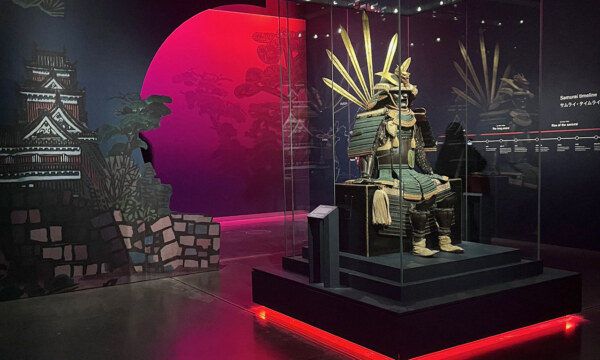
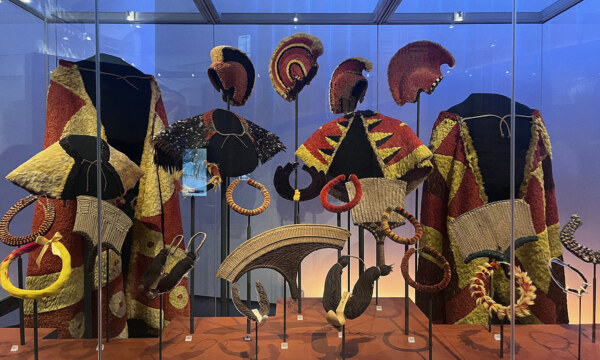
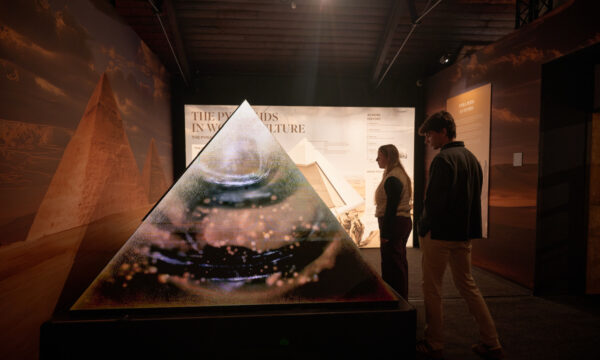
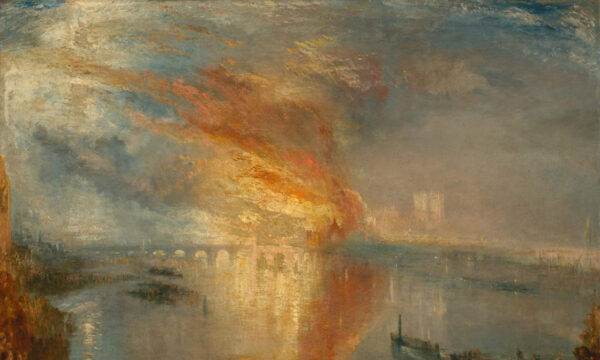
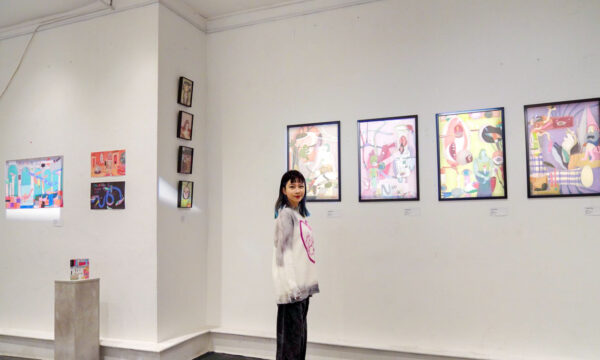
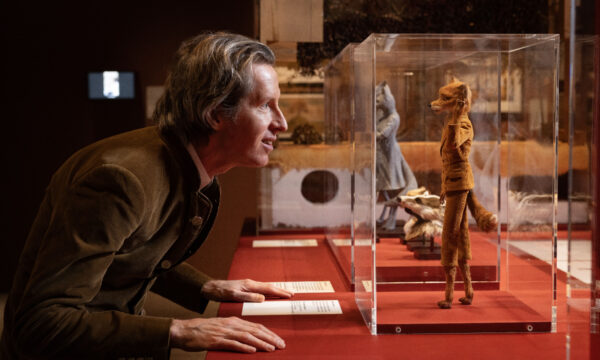
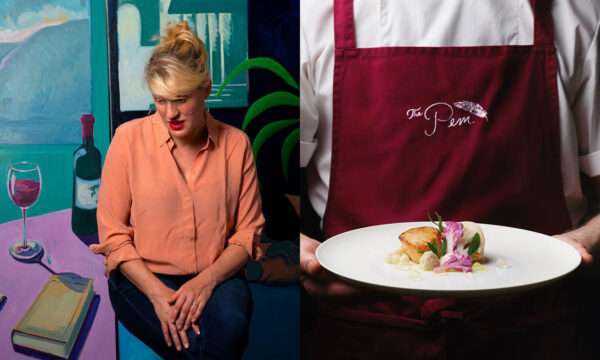
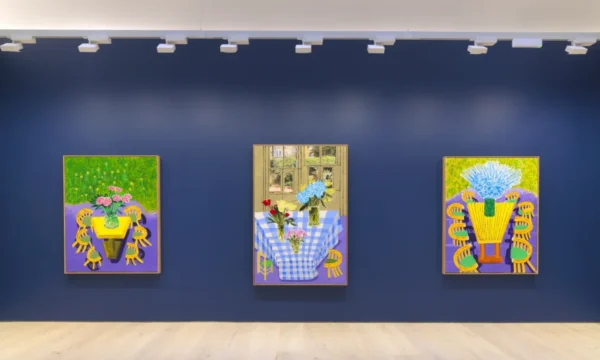
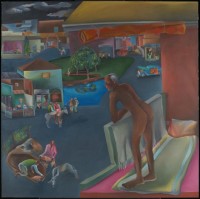

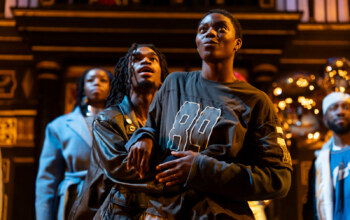
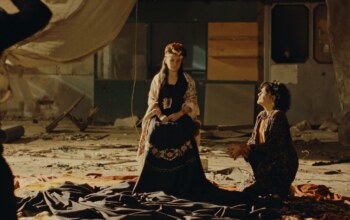








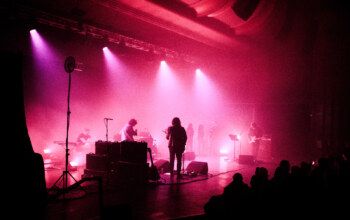

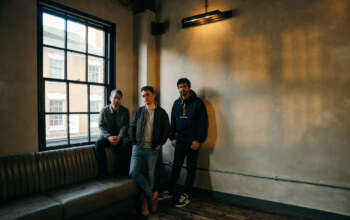

Facebook
Twitter
Instagram
YouTube
RSS